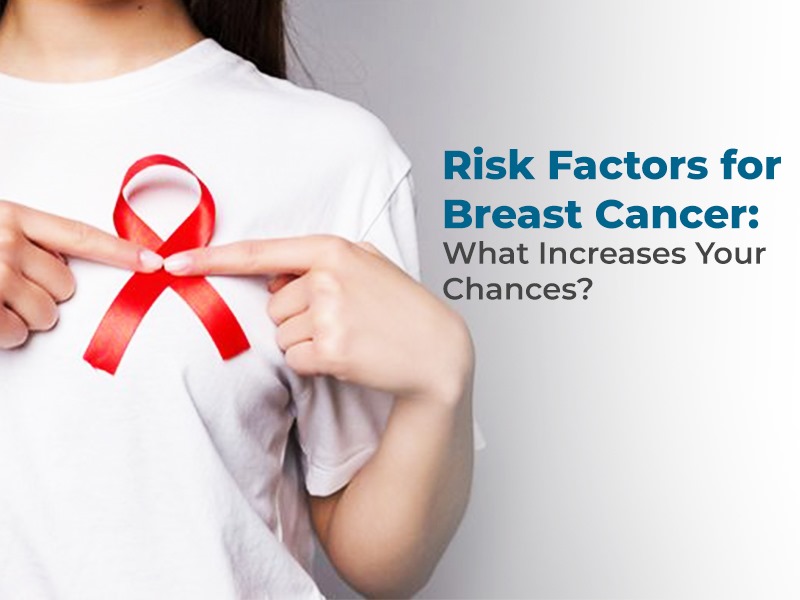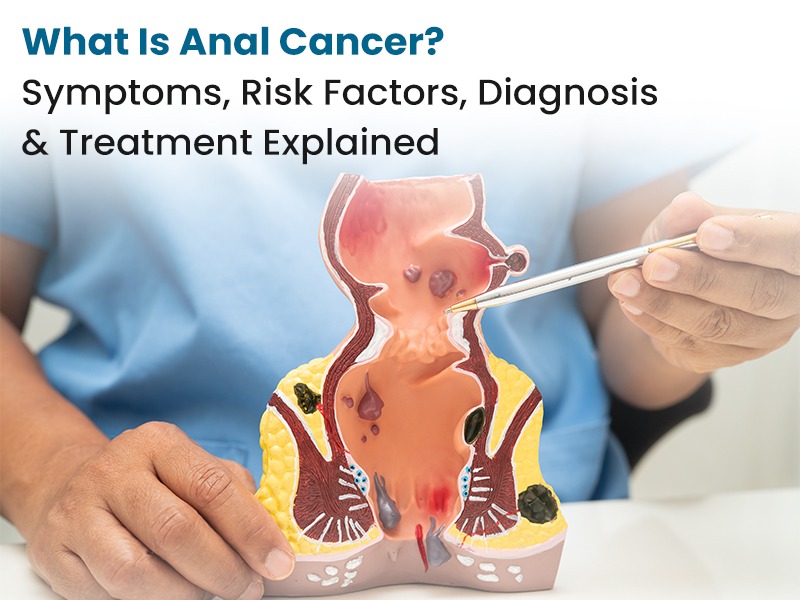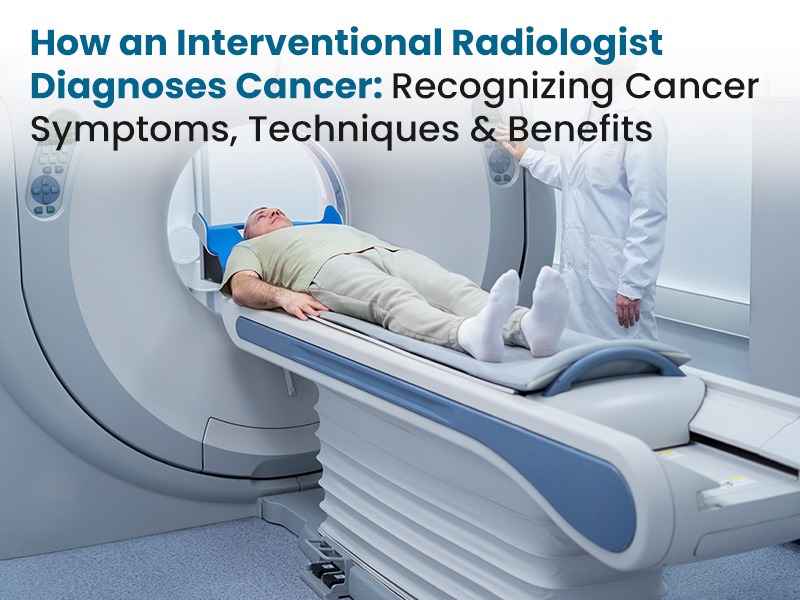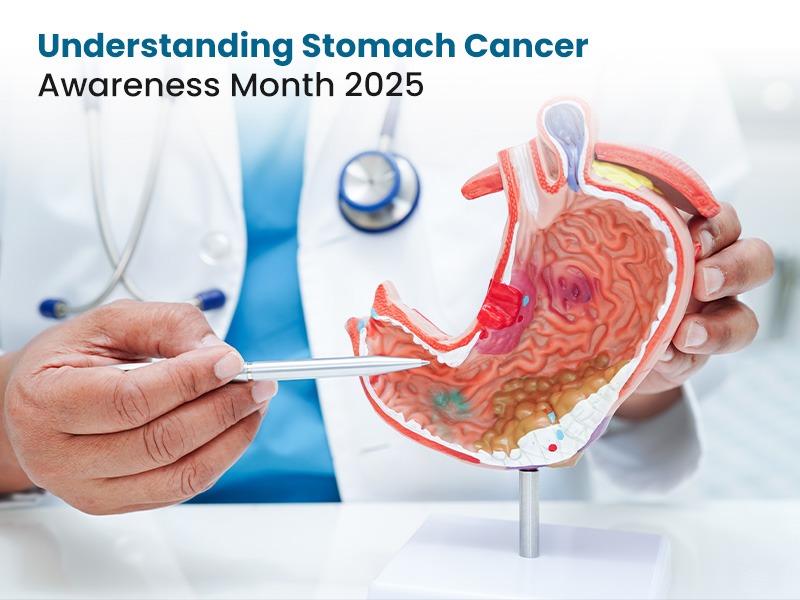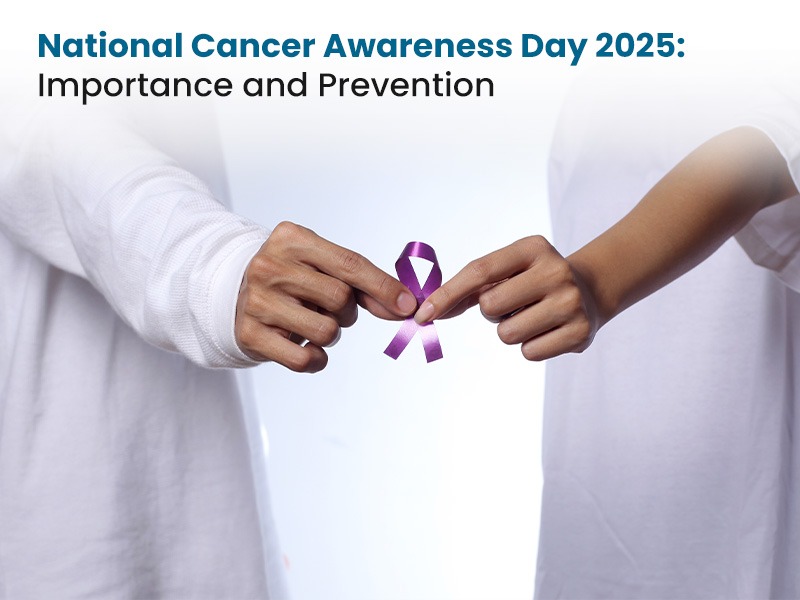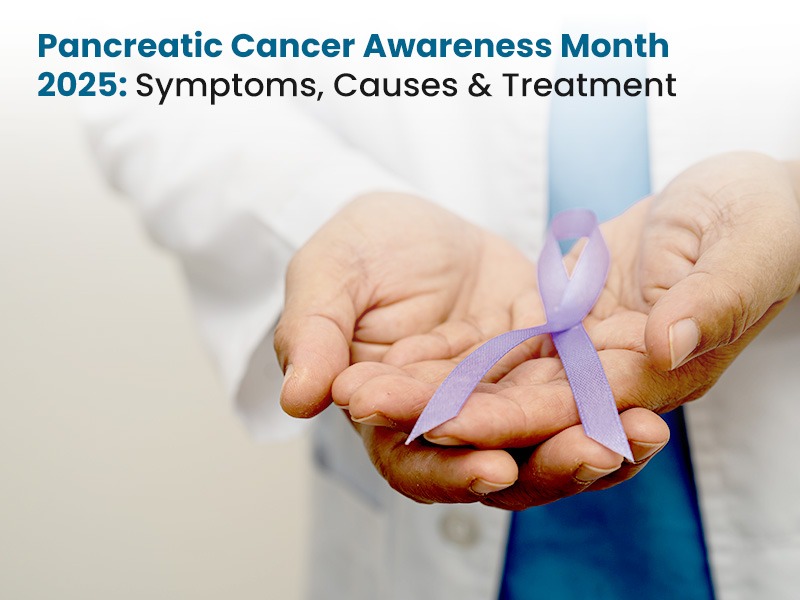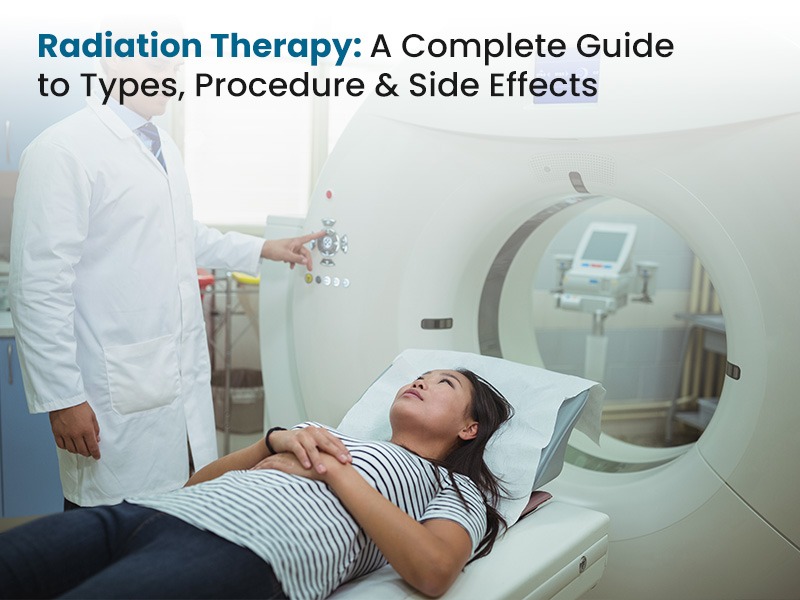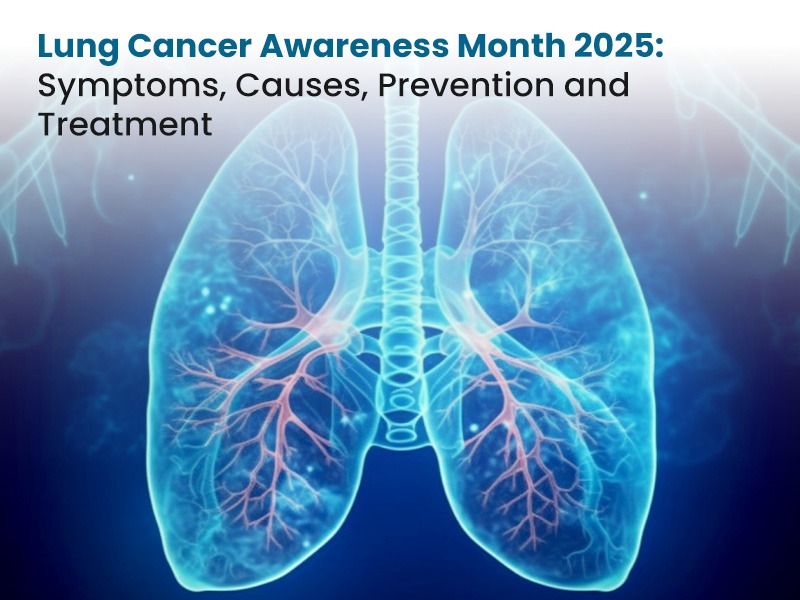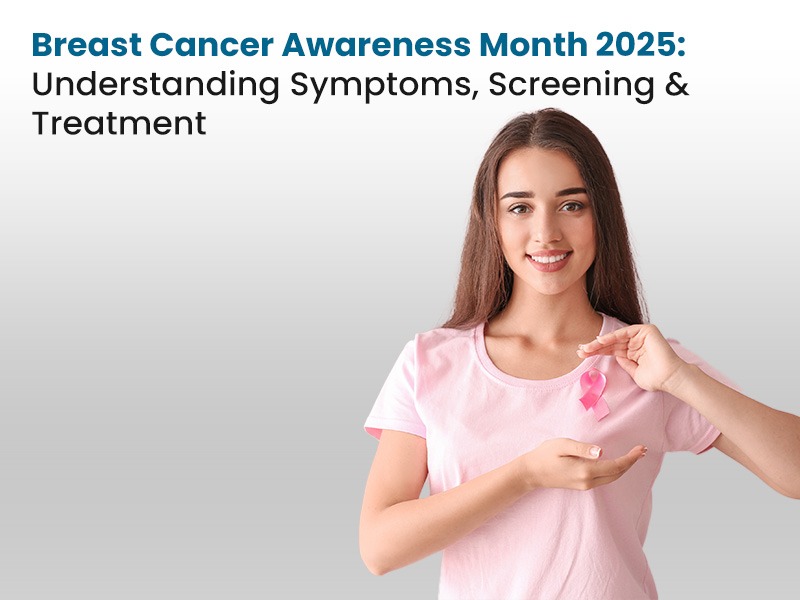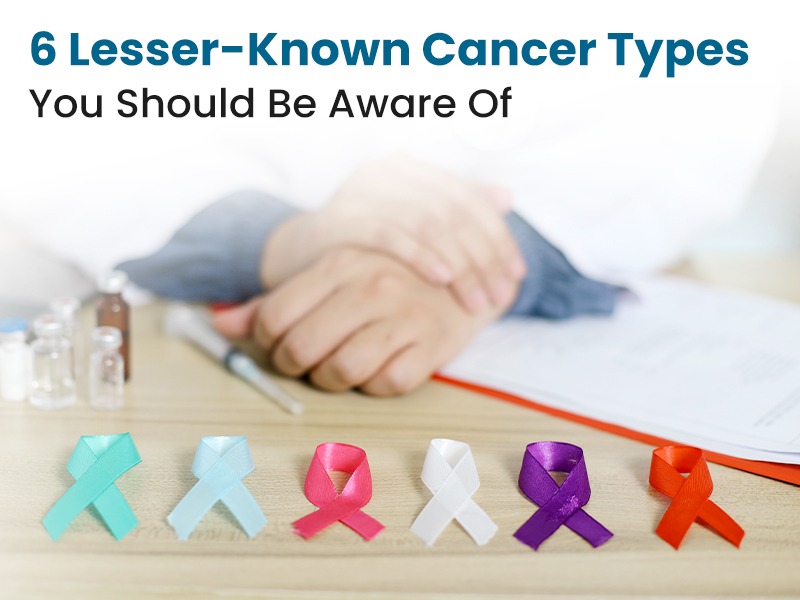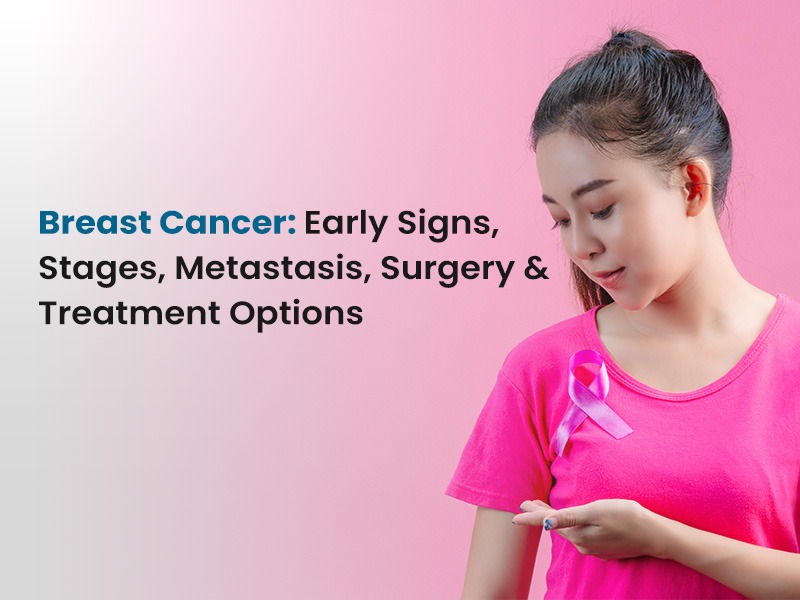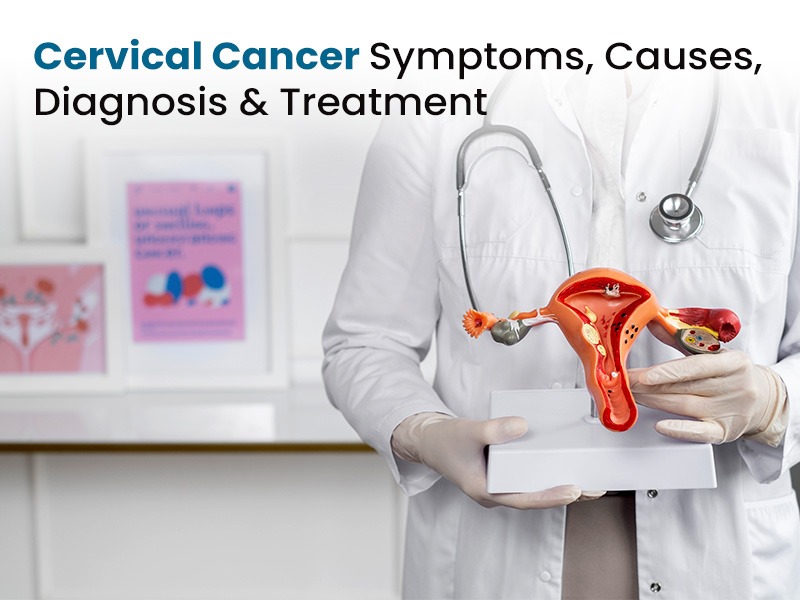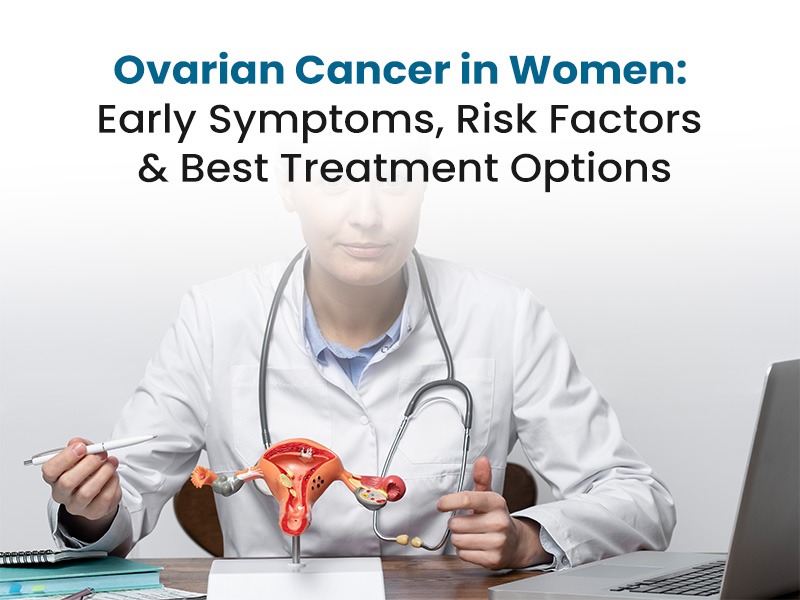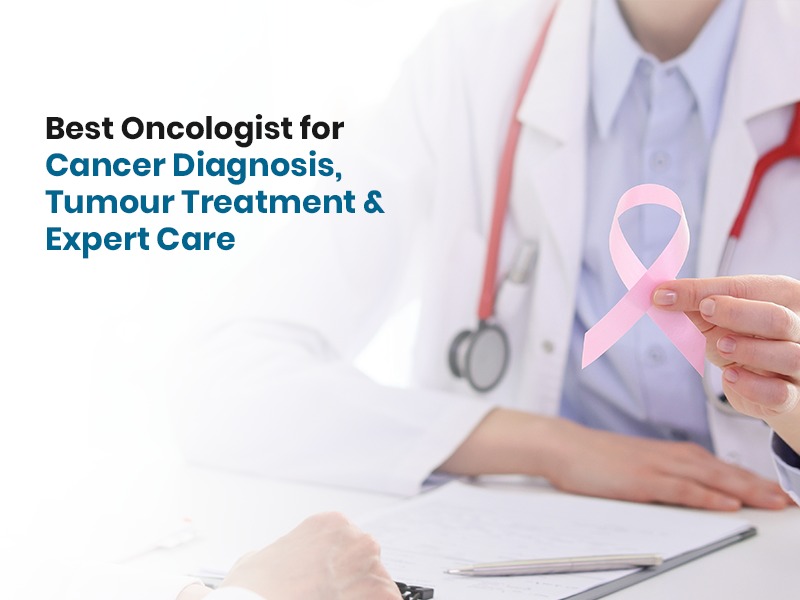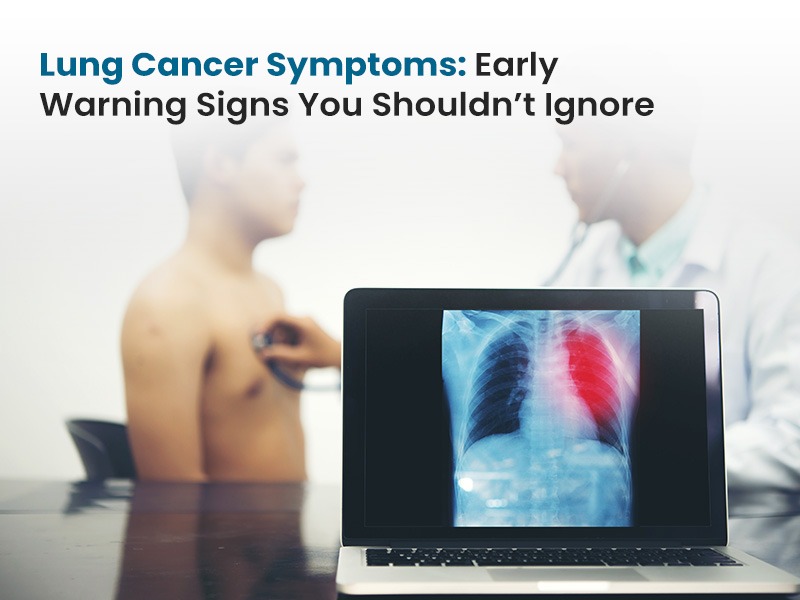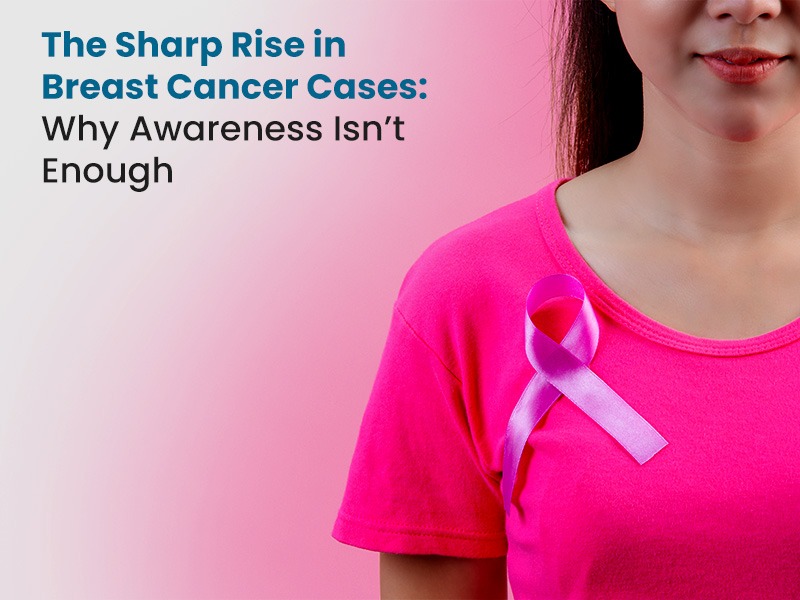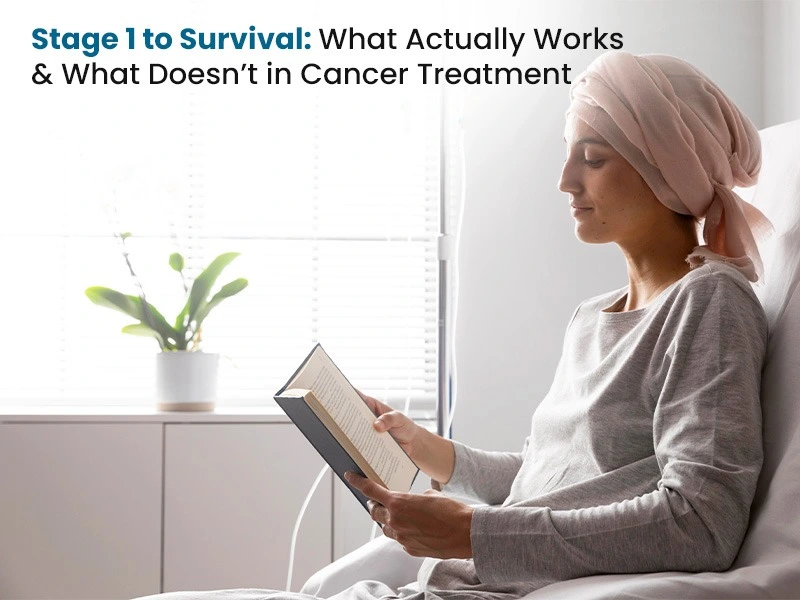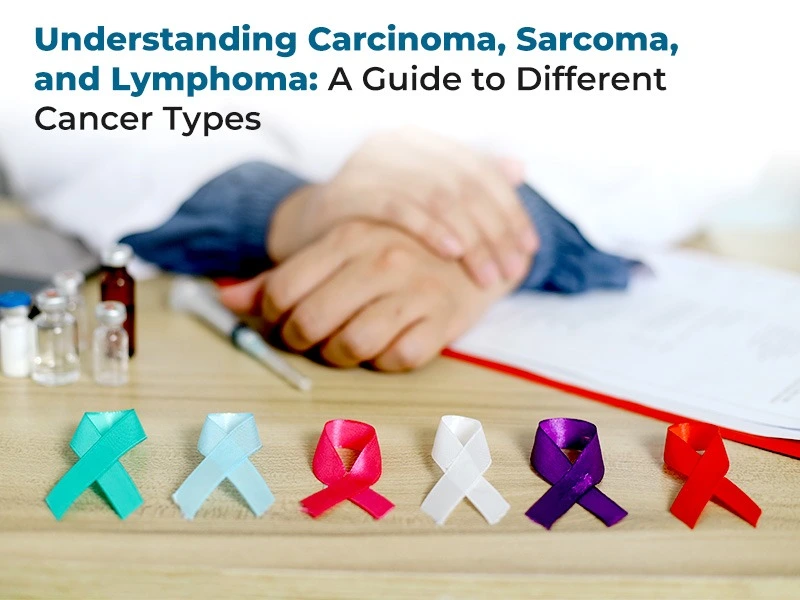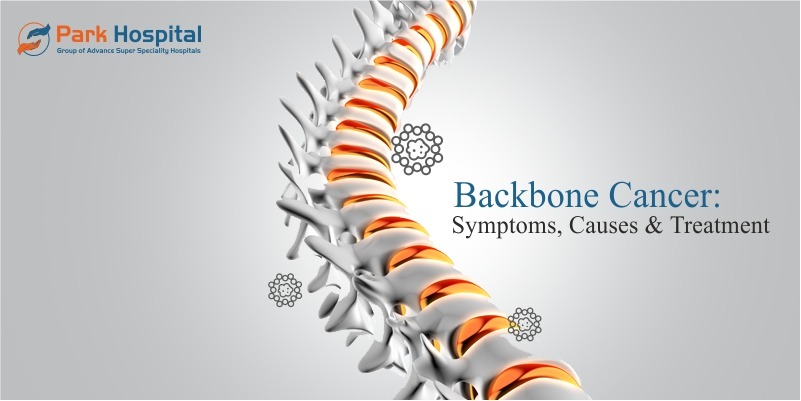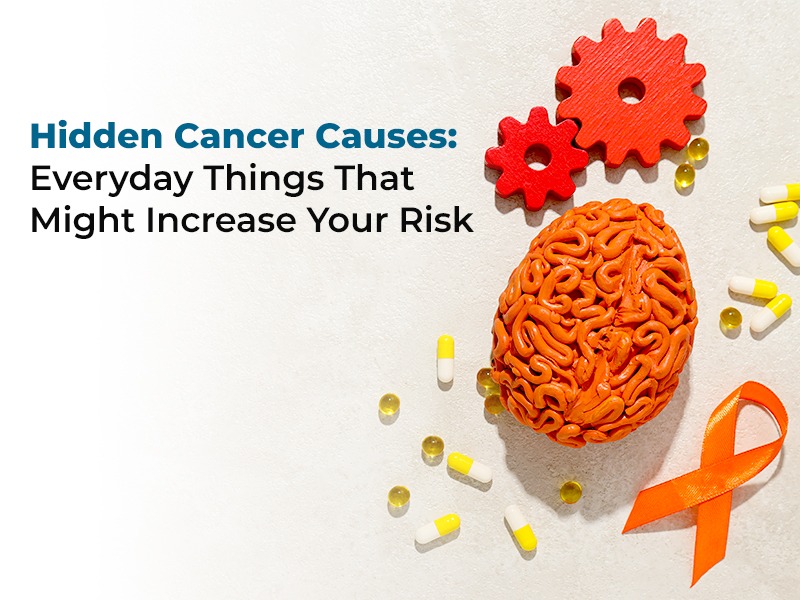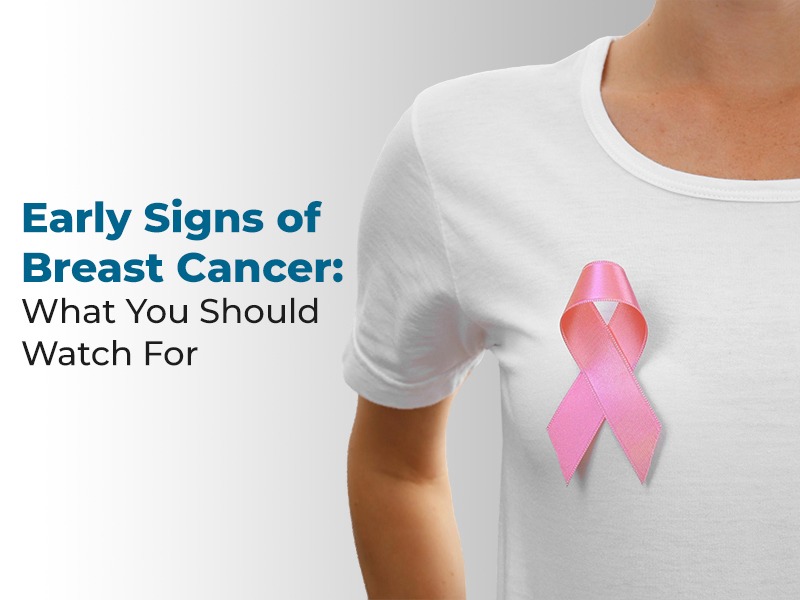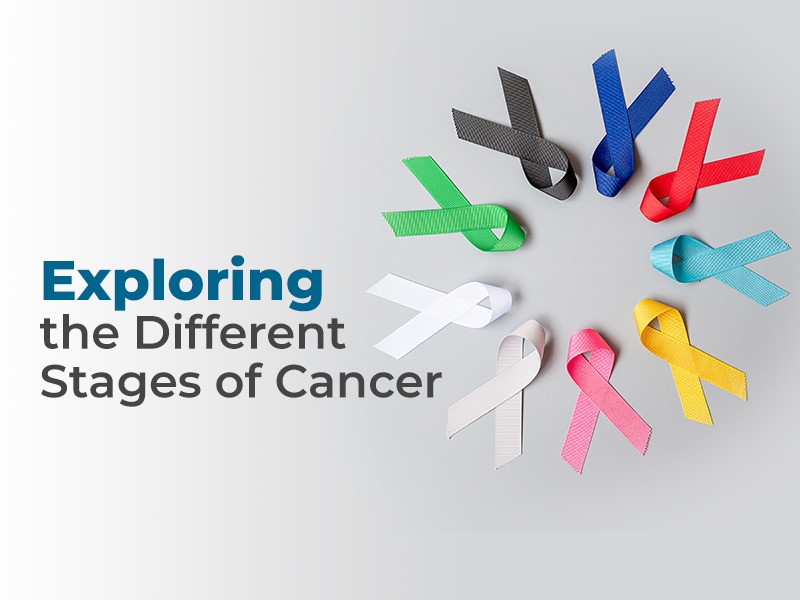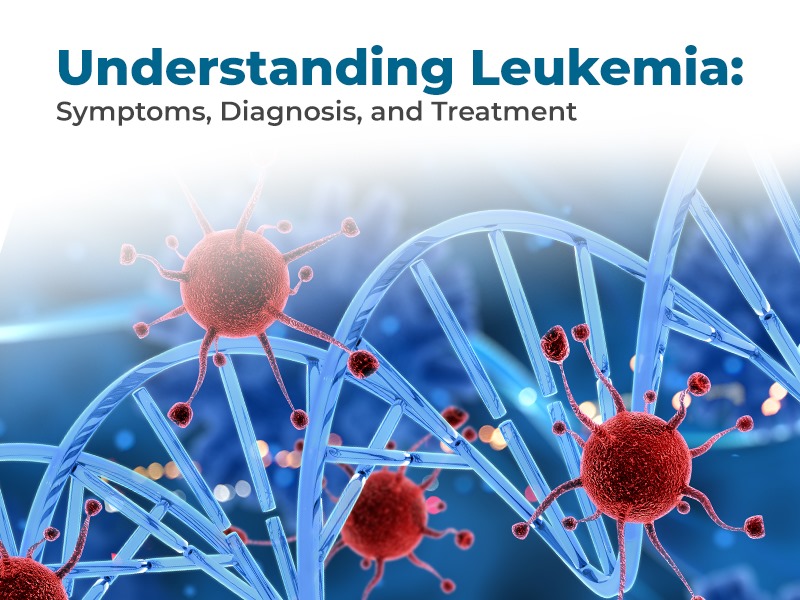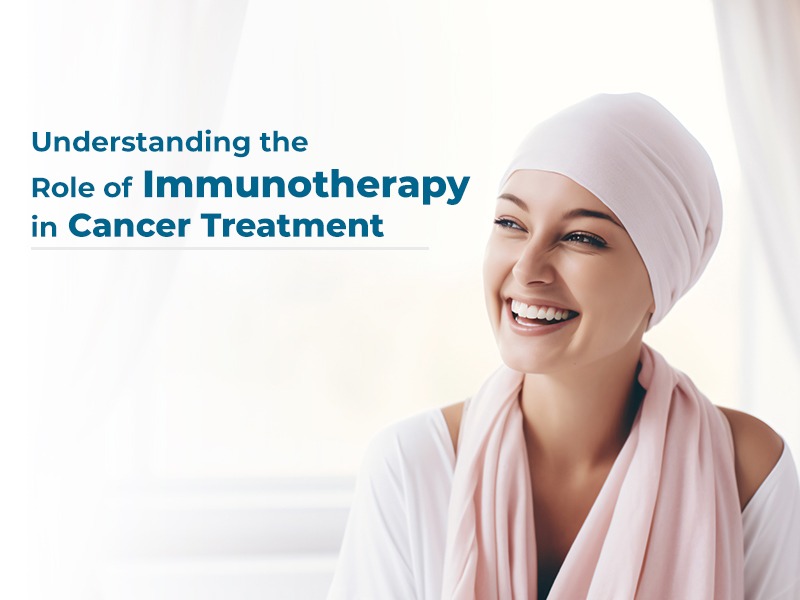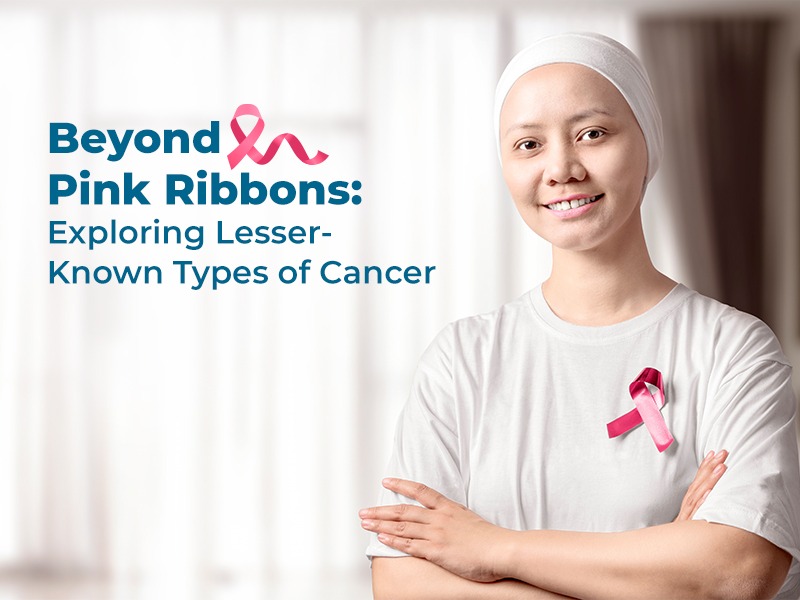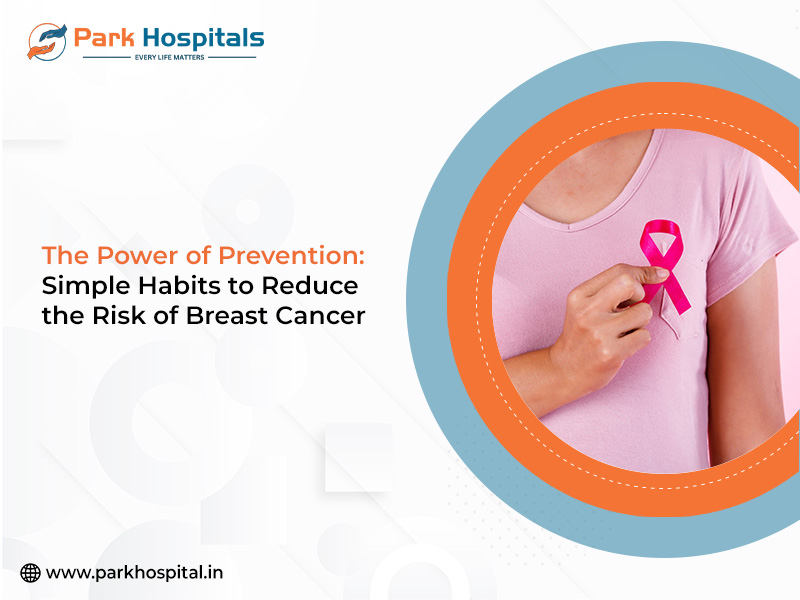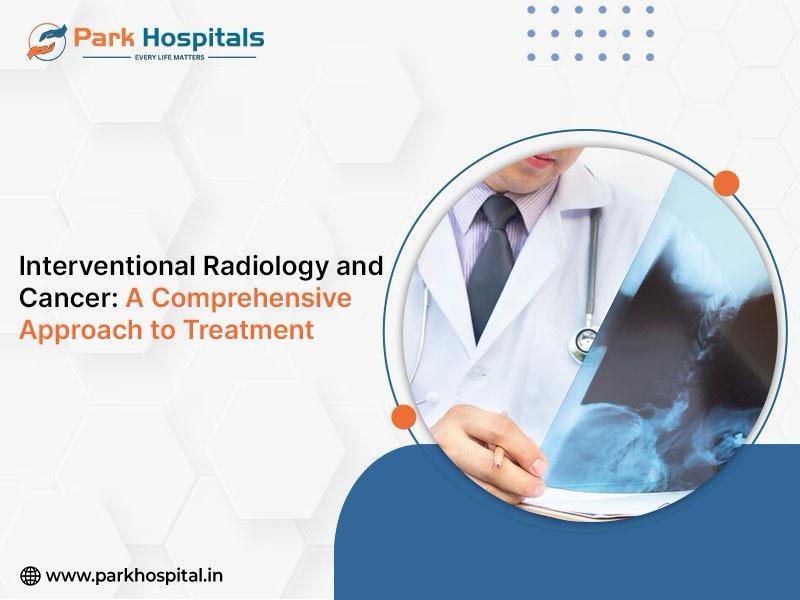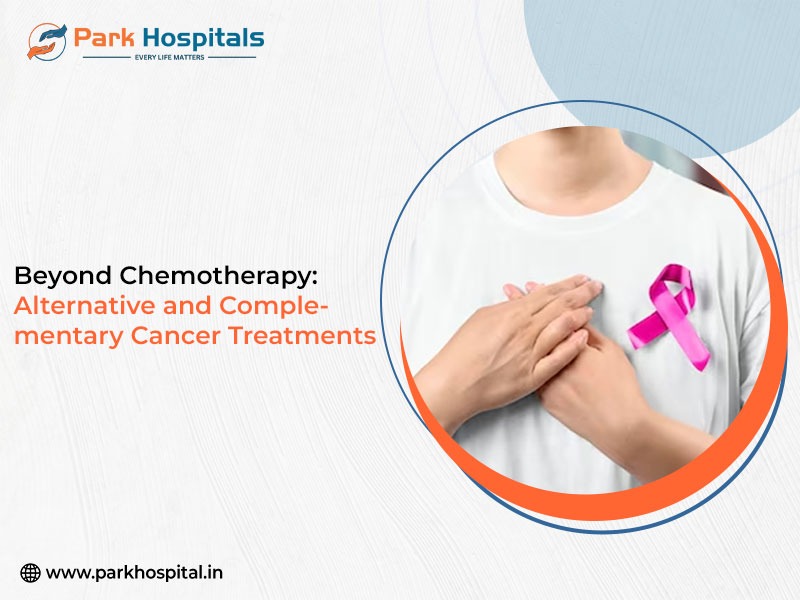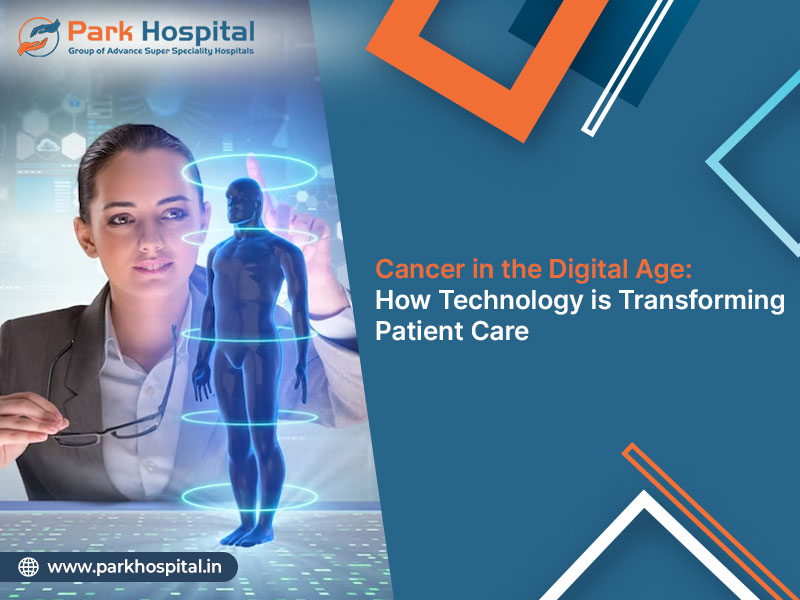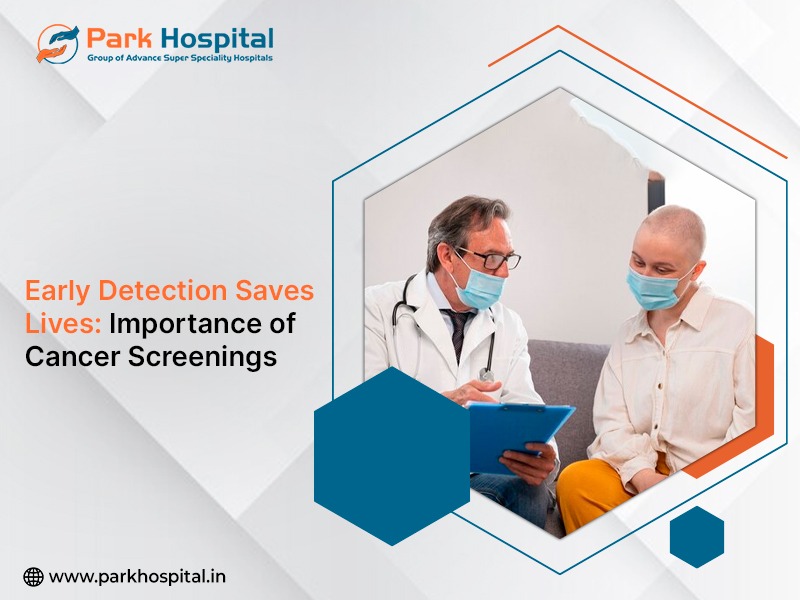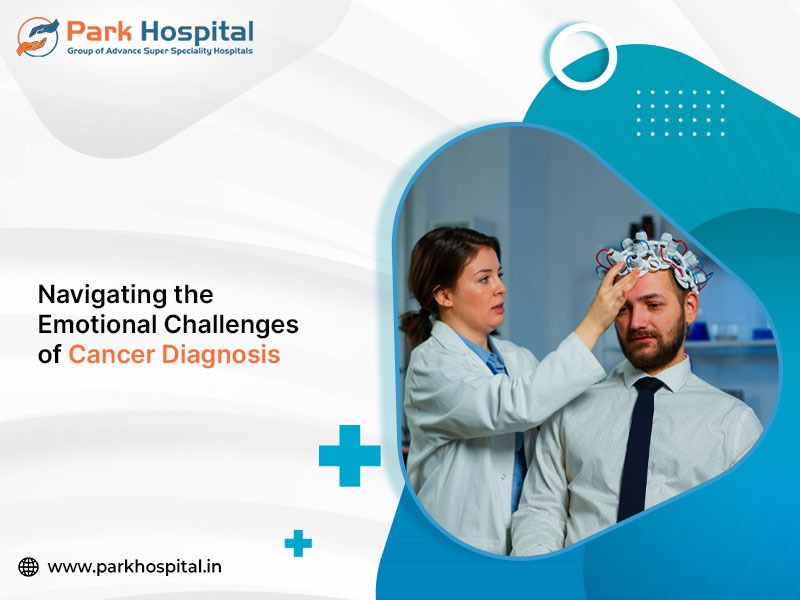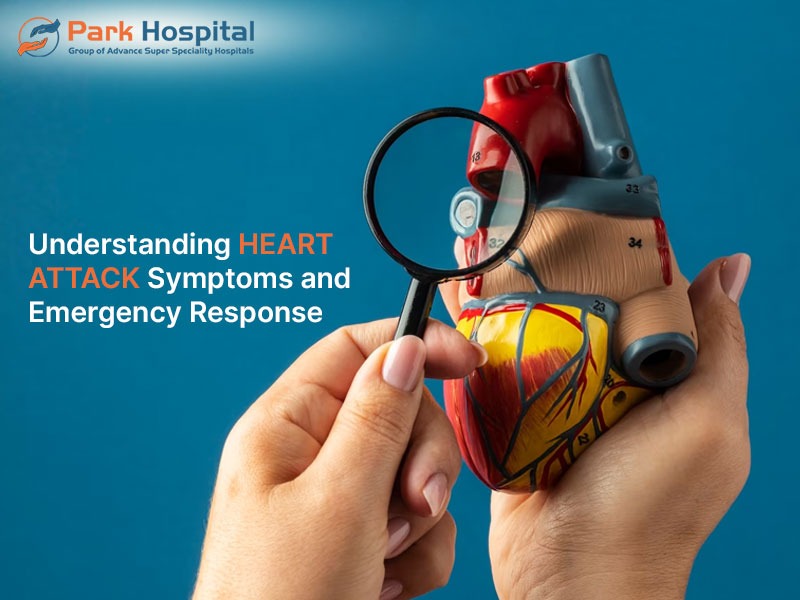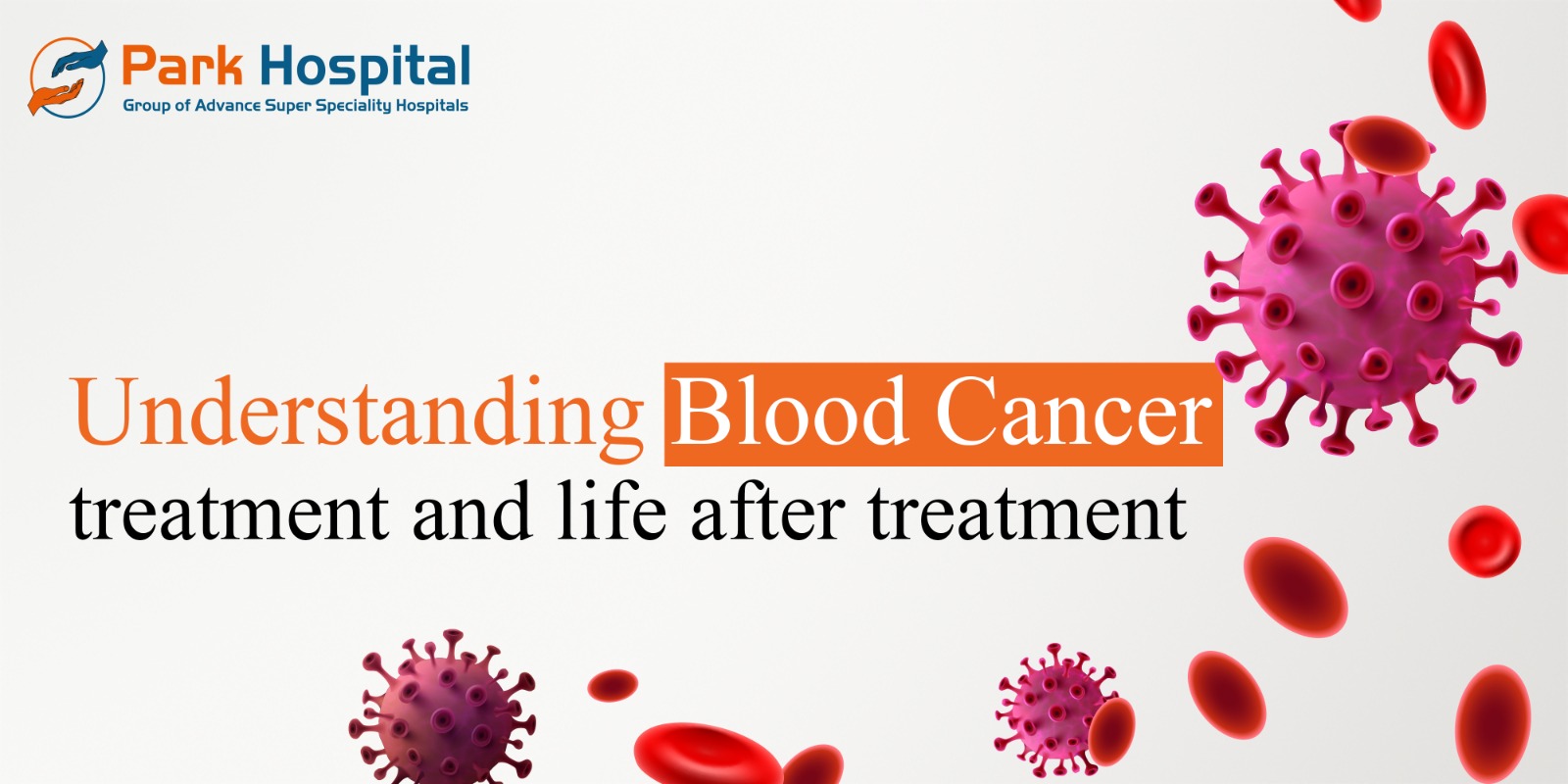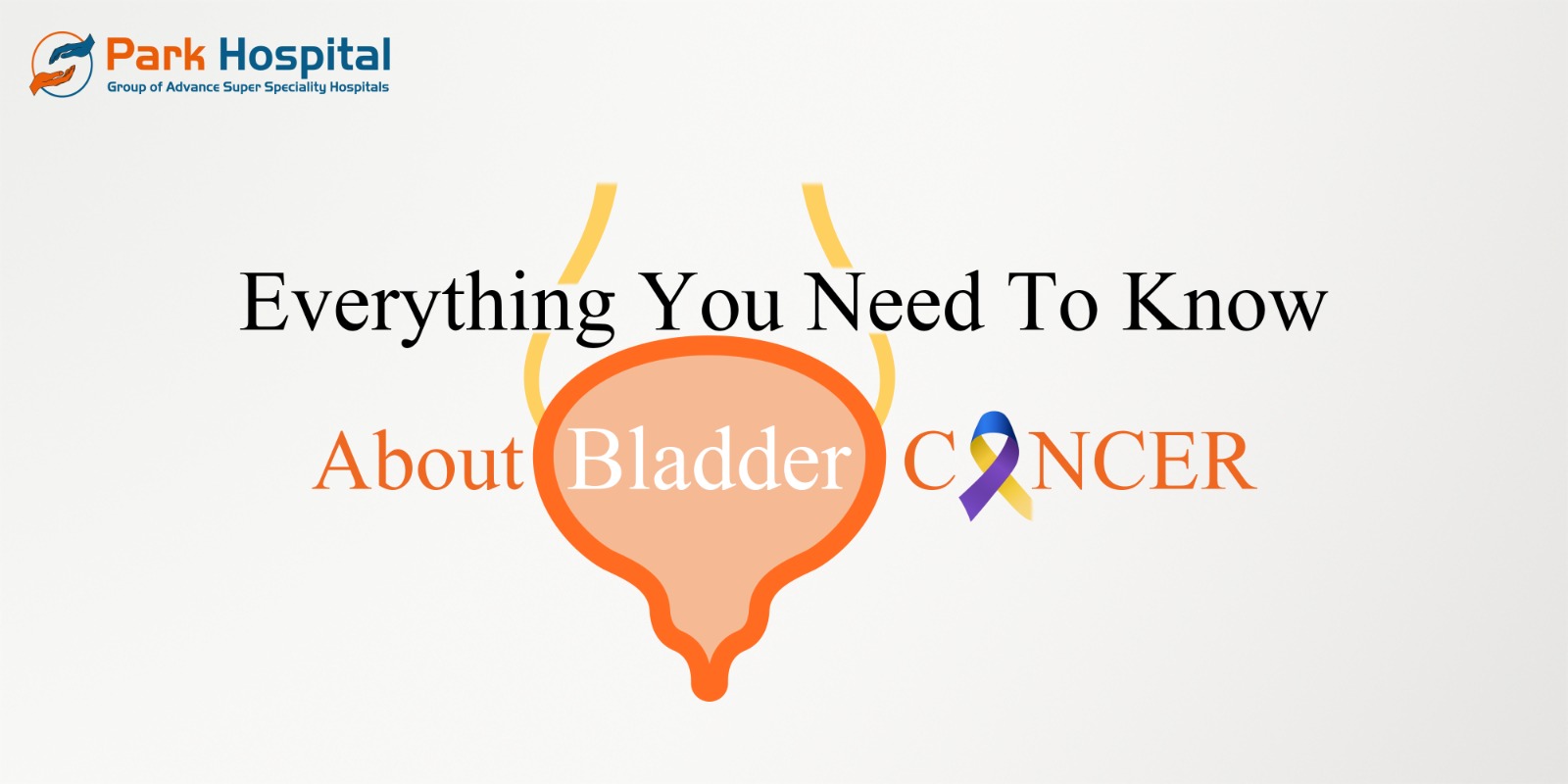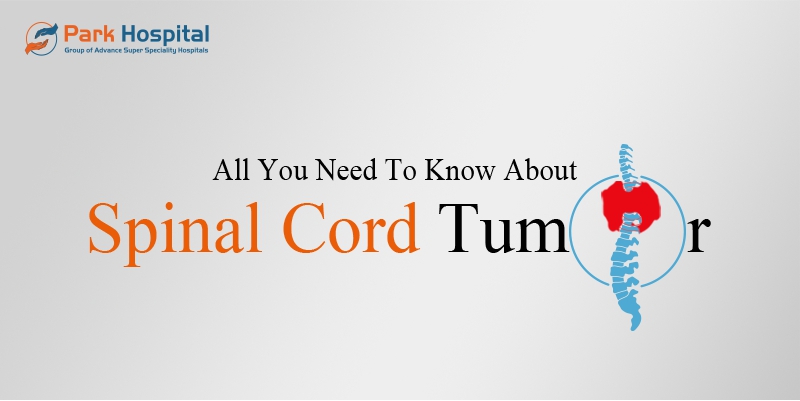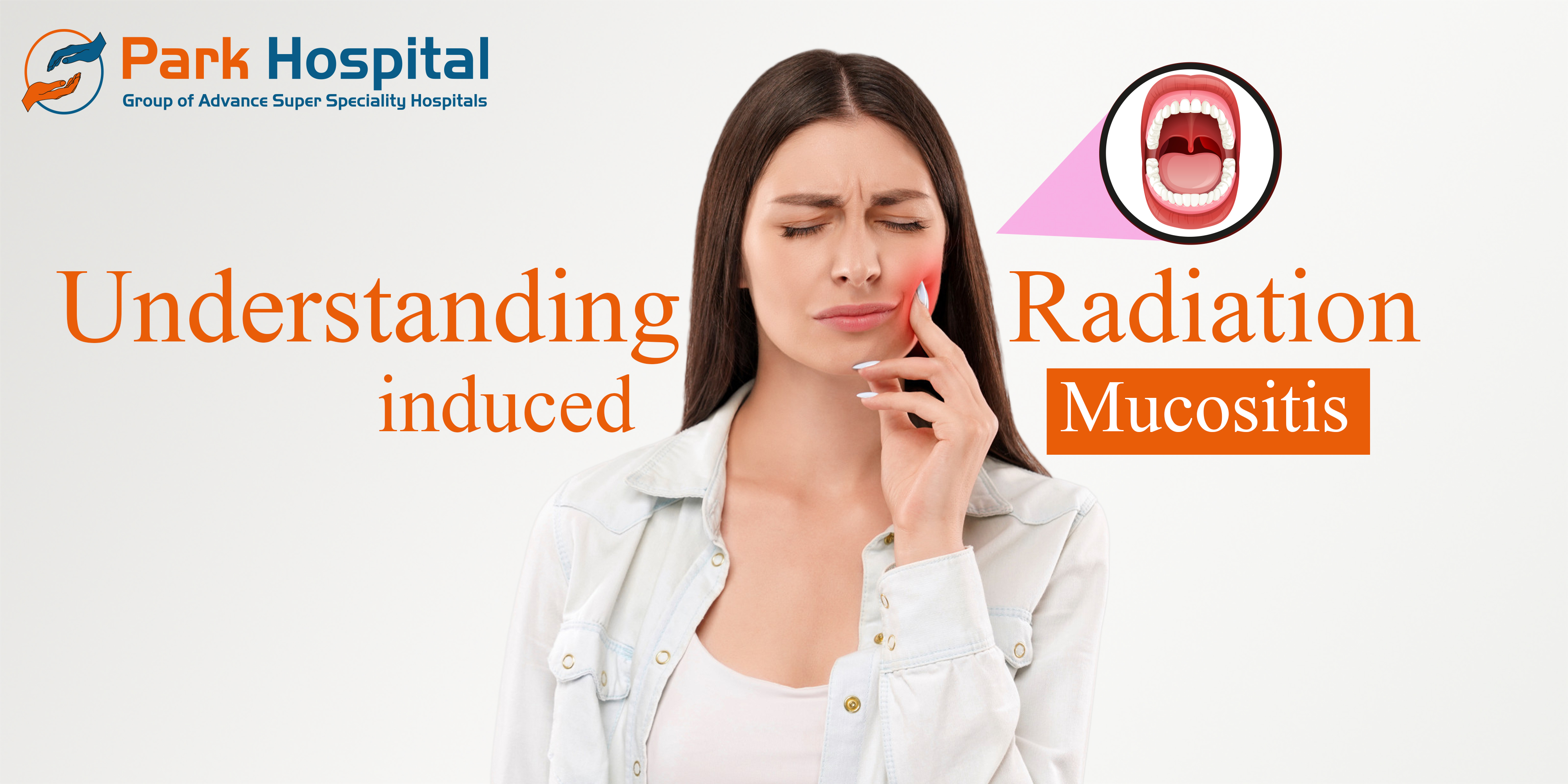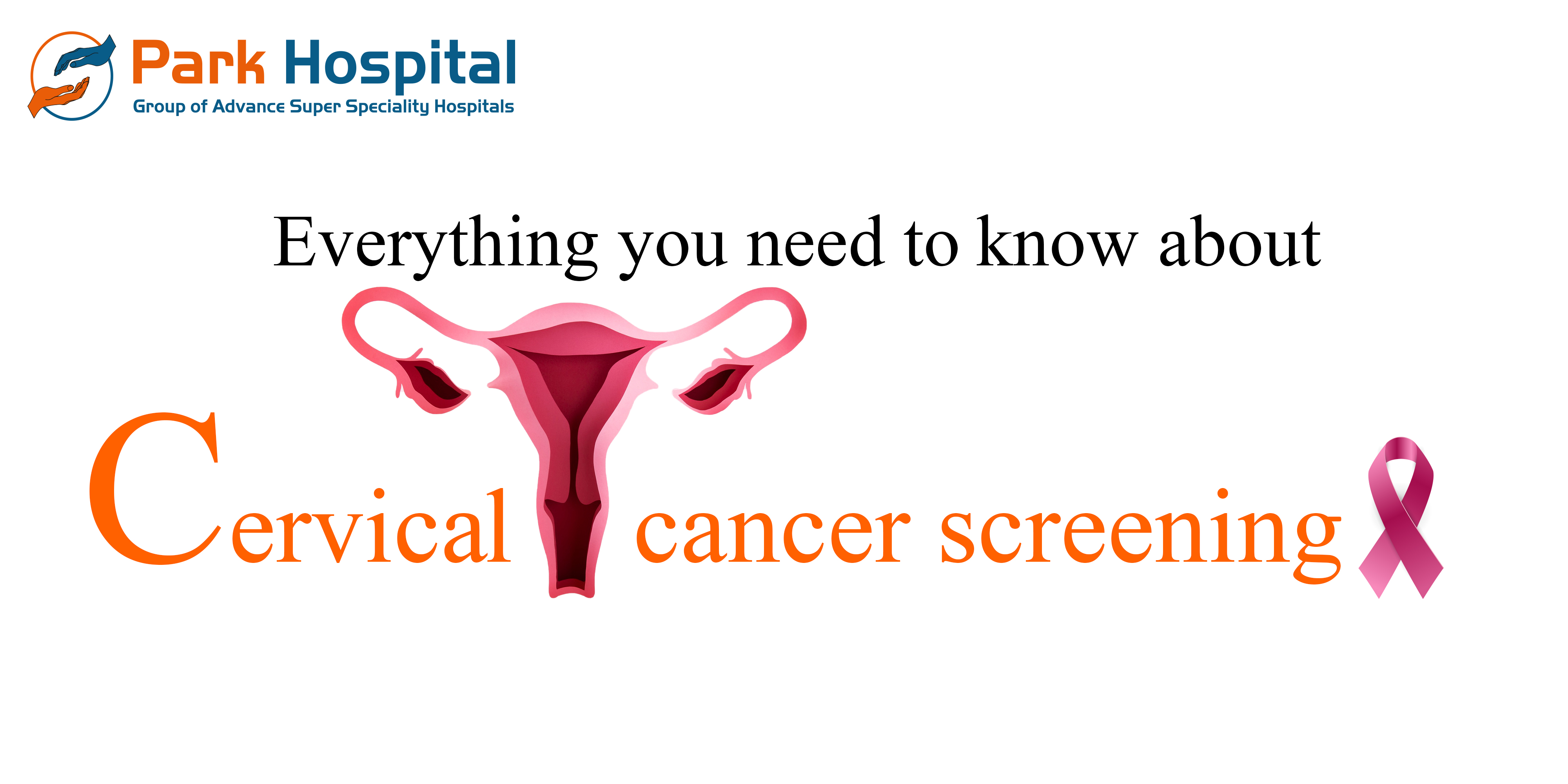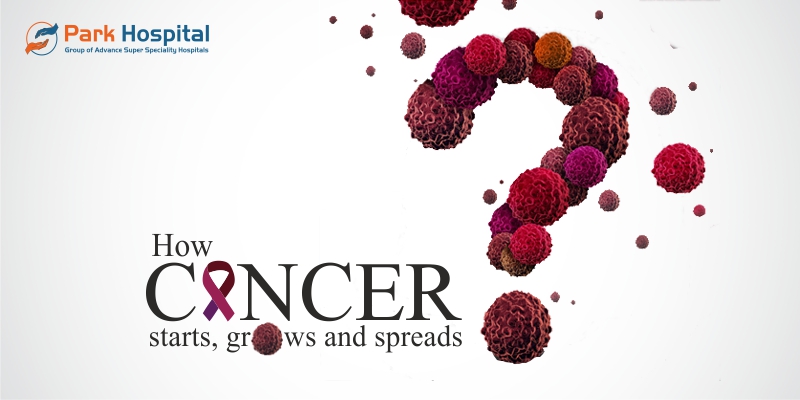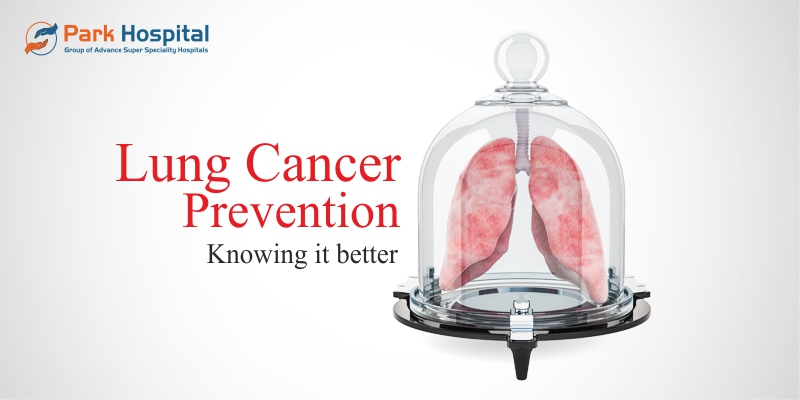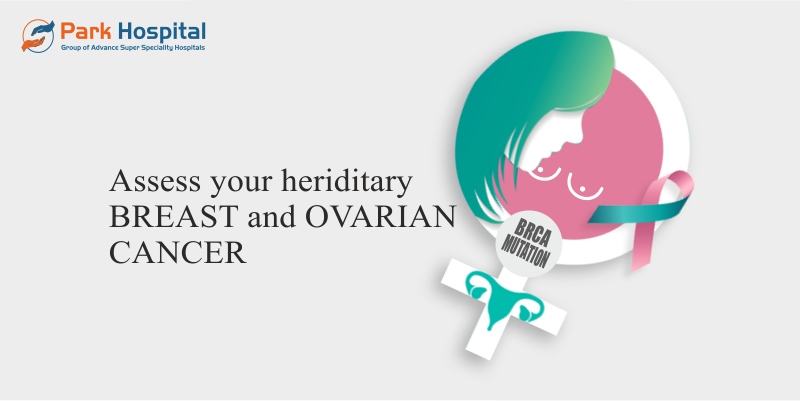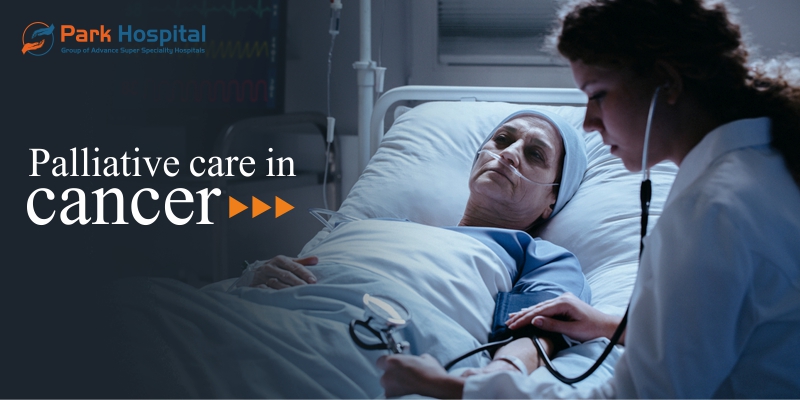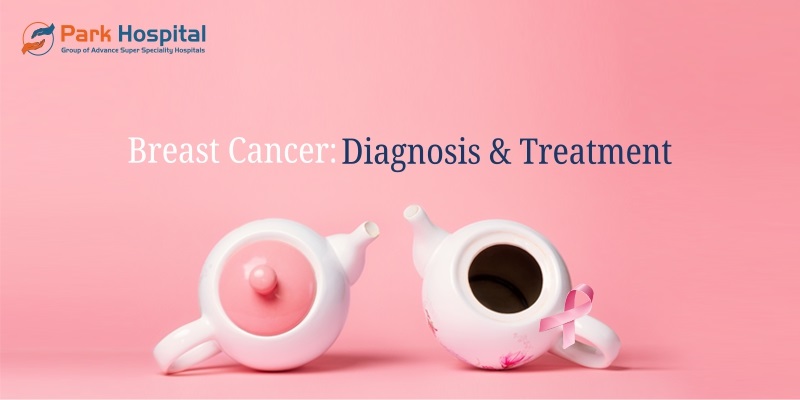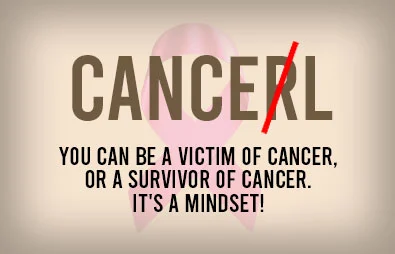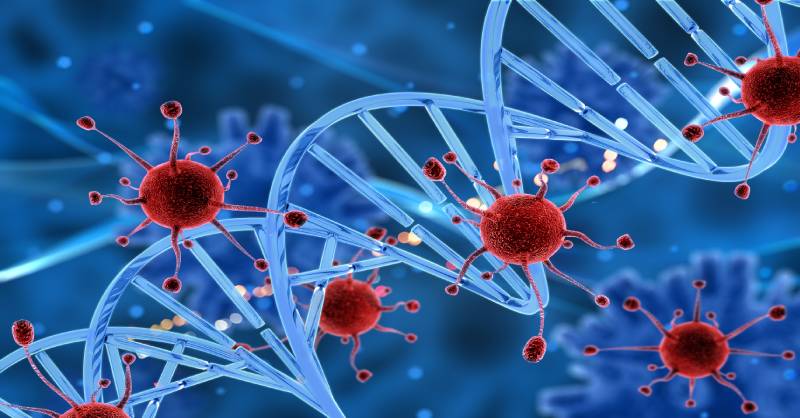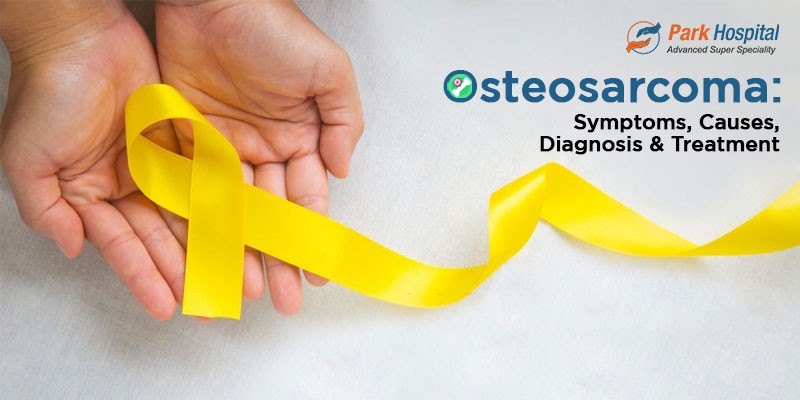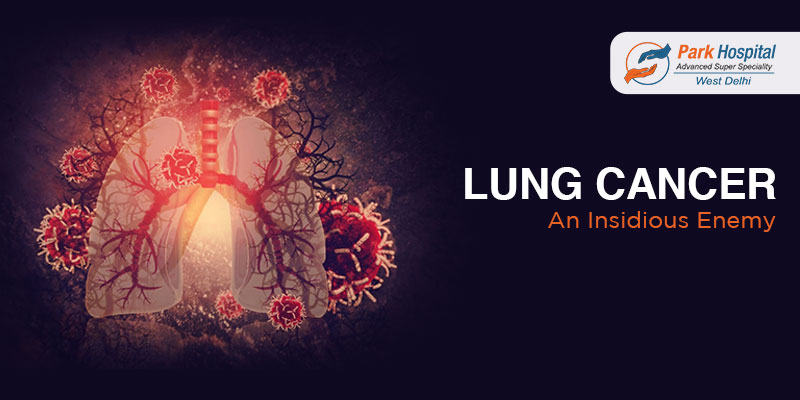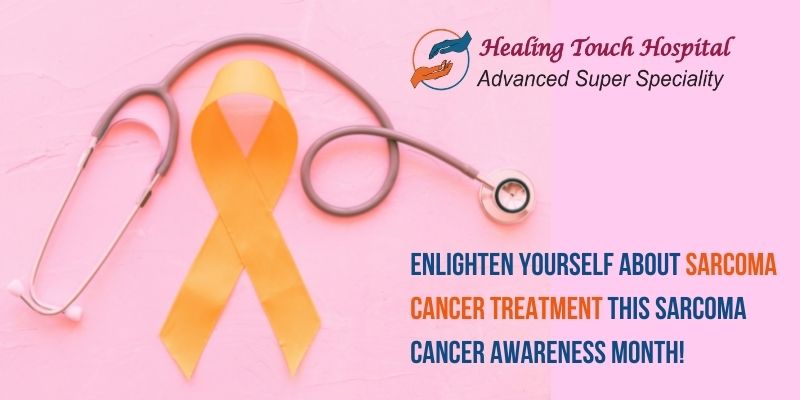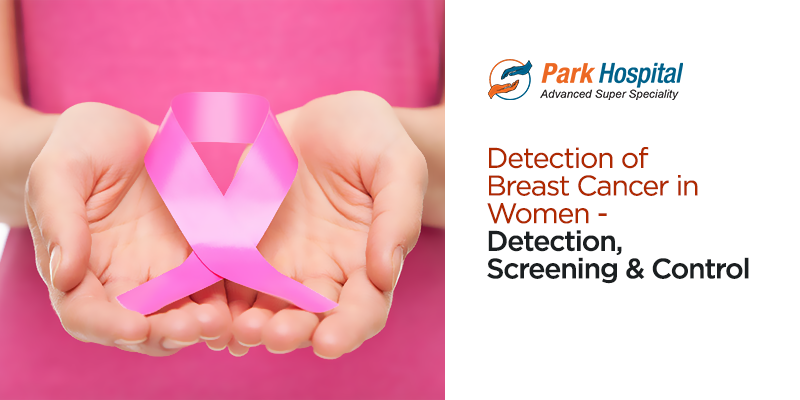Every year breast cancer results in the death of 2,00,000 women annually. Practically, it's not possible to eliminate the chances of breast cancer; knowing its catalysts may help in reducing the chances of developing the risk. In case a worse situation happens, consult a trustworthy breast cancer treatment hospital, like Park Hospital, to receive the most advanced treatments.
Understanding the Risk Factors
Genetic Disposition
Just like other medical conditions, genetics do play a significant role in breast cancer, too. Women who inherit mutations in the BRCA1 or BRCA2 genes have a significantly higher chance of developing breast cancer. These genes are responsible for producing proteins that help repair damaged DNA. When these genes are mutated, they fail to repair DNA correctly, leading to an increased risk of cancerous cell growth.
Age
As you age, the risk of developing breast cancer increases. Approximately two-thirds of invasive breast cancers (the most common one) are found in women aged 55 and older. This is because of the accumulation of genetic damage over time and the more prolonged exposure to various risk factors.
While breast cancer can occur at any age, it is much more common in postmenopausal women. Regular screenings become crucial as you age, as early detection significantly improves treatment outcomes. In case you are not aware of at-home screening for breast cancer, you may consult professionals at a breast cancer hospital.
Hormonal Factors
The two hormones which regulate the menstrual cycle are Oestrogen and Progesterone; they can stimulate the growth of breast cancer cells. The age at which your menstrual cycle commences and the age at which it stops also has an impact on your chances of developing breast cancer. Additionally, prolonged use of hormone replacement therapy (HRT) during menopause has been linked to a higher risk of breast cancer, particularly when both estrogen and progesterone are used.
Lifestyle Choices
Lifestyle factors play a significant role in the risk of developing breast cancer. A diet high in saturated fats, processed foods, and sugary beverages can contribute to obesity, a known risk factor for breast cancer, especially in postmenopausal women. Obesity increases the level of oestrogen in the body, which can promote the growth of breast cancer cells.
Physical inactivity also contributes to weight gain and has been linked to an increased risk of breast cancer. Regular exercise helps regulate hormones and boosts the immune system, which can reduce cancer risk.
Alcohol consumption is another modifiable risk factor. The risk of breast cancer increases with the amount of alcohol consumed. Even a few drinks a week can elevate your risk, as alcohol can increase oestrogen levels in the body and may also damage DNA in cells.
Smoking, particularly long-term and heavy smoking, is associated with a higher risk of breast cancer, especially in premenopausal women. The carcinogens in tobacco smoke can damage breast tissue, leading to cancer development.
Environmental Exposure
Though an individual's environment comprises a wide range of attributes, here we are concerned about the radiations a female body absorbs throughout her life. Radiation exposure can damage the DNA in breast cells, leading to mutations that can cause cancer. Additionally, exposure to certain environmental pollutants, such as endocrine-disrupting chemicals (found in some plastics, pesticides, and personal care products), can interfere with the normal functioning of hormones in the body and potentially increase the risk of breast cancer.
Women who have undergone radiation therapy to the chest, particularly in childhood or young adulthood, are at a higher risk. Long-term use of hormone replacement therapy (HRT), particularly combined oestrogen-progesterone therapy, has also been linked to an increased risk of breast cancer, making it necessary to weigh the benefits and risks of HRT with your healthcare provider.
No matter what the therapy or its duration, it may increase the chances of you being diagnosed with cancer, let alone breast cancer. That's why a cancer treatment hospital, like the Park Hospital, is suggested to be consulted before undergoing radiation therapy.
Breast Density
Breast density is an essential factor in breast cancer risk. Women with dense breasts are four to five times more likely to develop breast cancer than women with less dense breasts. The reason for this is the higher amount of glandular tissue, where most breast cancers develop. Dense breast tissue can also mask tumours on mammograms, delaying diagnosis and potentially worsening outcomes. Regular screenings and, in some cases, additional imaging tests like ultrasound or MRI may be recommended for women with dense breasts to improve
early detection.
Why Park Hospital Is the Best Option for Breast Cancer Care?
When it comes to breast cancer treatment hospital, Park Hospital stands out for its thorough and patient-centred approach. The hospital has state-of-the-art technology and a team of highly skilled oncologists specialising in breast cancer care. They offer a wide range of possible treatments, including surgery, chemotherapy, radiation therapy, and hormone therapy, all tailored to the individual needs of the patient.
Park Hospital also emphasises early detection with its advanced screening programs, which are necessary for catching breast cancer in its early, most treatable stages. Their multidisciplinary approach ensures that patients receive holistic care, addressing not just the physical aspects of cancer but also the emotional and psychological needs of patients and their families.

